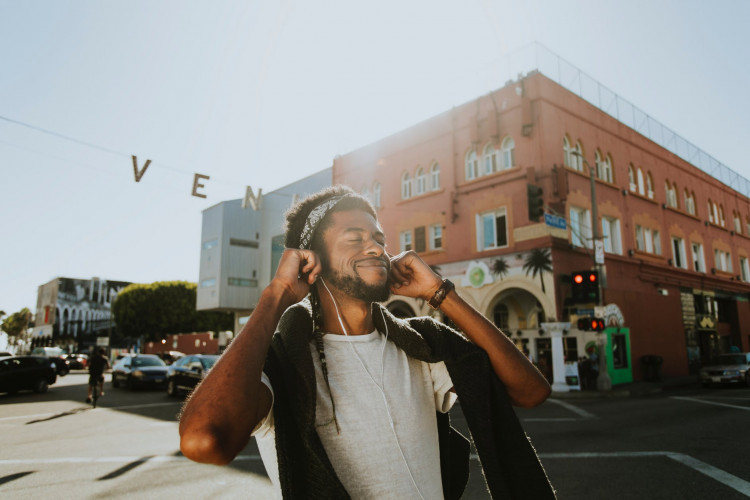Patients often feel anxious before their surgery. Though it is normal to feel that way, sometimes being too anxious before an operation can lead to stress and unpleasant symptoms such as a racing or a pounding heart, nausea, irregular heartbeat, nervous stomach, sleep problems, and shortness of breath, as explained by NCBI.
Given this reason, it is indeed crucial to manage the patient's anxiety first before he undergoes an operation. One of the most common treatment to control anxiety usually administered by doctors is sedatives, such as benzodiazepines.
Unfortunately, giving this medication to patients to ease their anxiety would trigger a series of side effects that could alter the body's blood flow, mood, or even breathing. Good thing experts found a simple yet effective alternative for this drug, which has a "beneficial effect" to those who are having a hard time controlling their emotions before their operation.
In the study, which was published in Regional Anesthesia & Pain Medicine, the experts conclude how effective music can be in soothing someone's anxiety. You do note it should not just be any kind of music. The melody should only involve instrument, with constant tempo and rhythm, and should also be 60 beats per minute only.
The researchers behind the study discovered this after observing 157 participants and dividing them into two groups. The other group was given benzodiazepine about three minutes before anesthesia. The second group, on the other hand, was exposed to music created by Marconi Union, a British band. The band worked hand in hand with several sound therapists, to create a masterpiece that could effectively lower anxiety, blood pressure, and heart rate.
At the end of the study, the results revealed that both groups almost received similar effects. Both strategies managed to calm the anxious patients and even gave them satisfaction, as reported by Medical News Today.
The only difference that the researchers have noticed is how the participants who were exposed to music felt less satisfied as compared to the other. Experts explain this could be probably because of the limited choice of music that has been given to them. Furthermore, with their noise-canceling headphones on, researchers also found out how these patients have encountered difficulty in communicating too.
With everything that's noted, the researcher's next step would be to improve the use of music in calming people with anxiety. Instead of just three, the group is planning to expose the participants for 17 minutes more to maximize the music's benefits. They are also planning to "evaluate whether or not the type of music, as well as how it is delivered, offers advantages over midazolam (benzodiazepine) that outweigh the increase in communication barriers."






